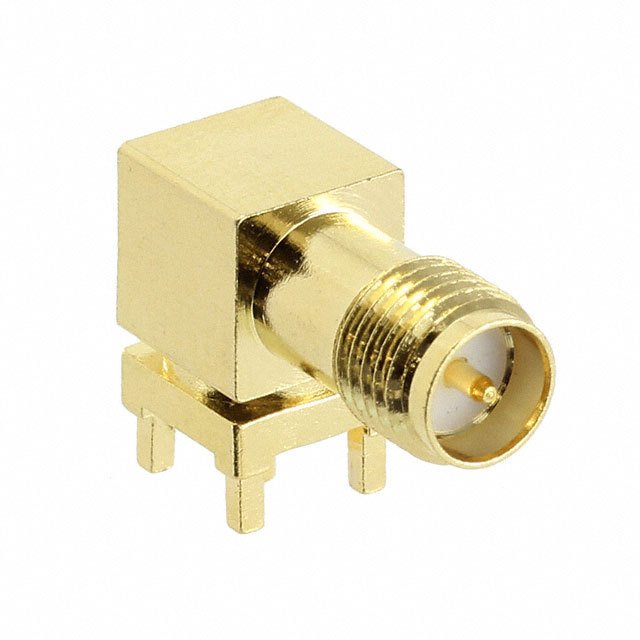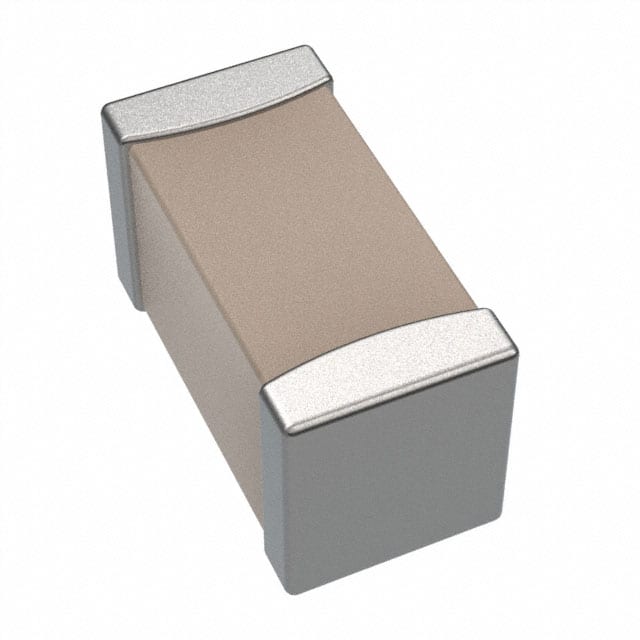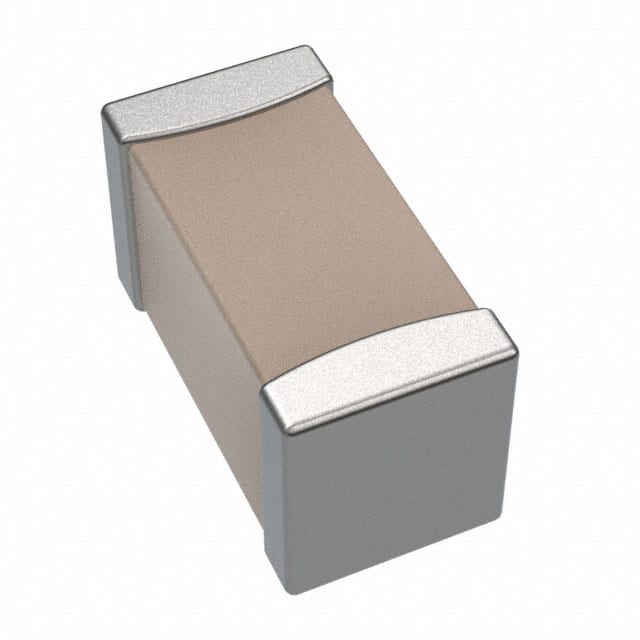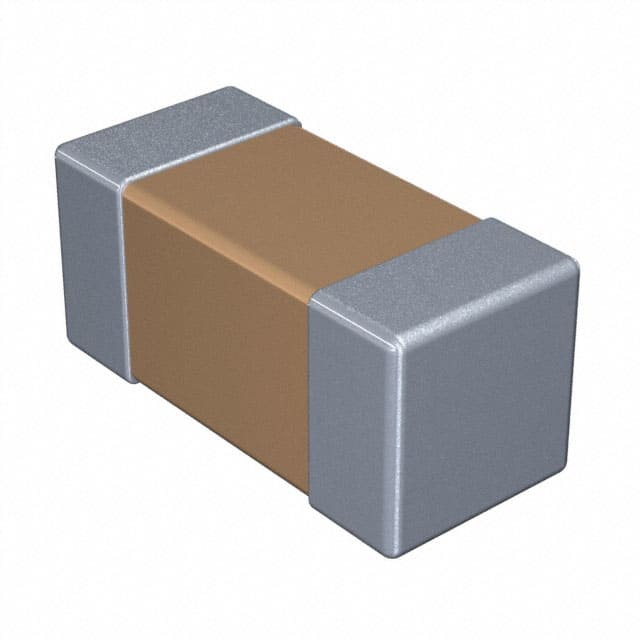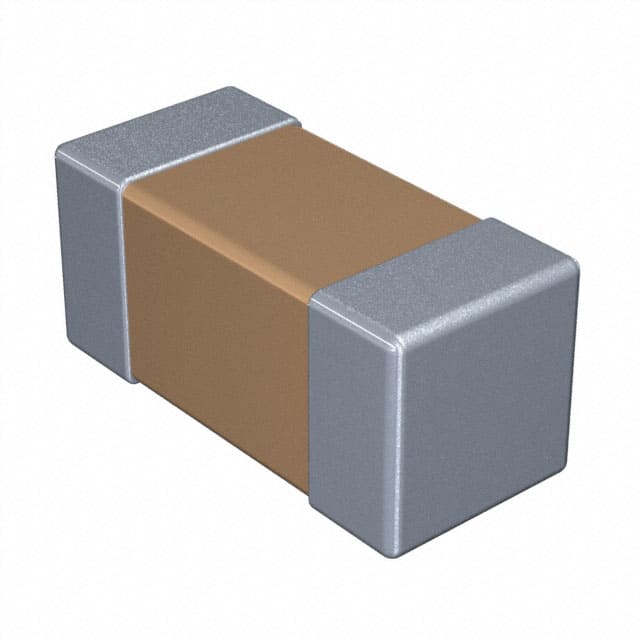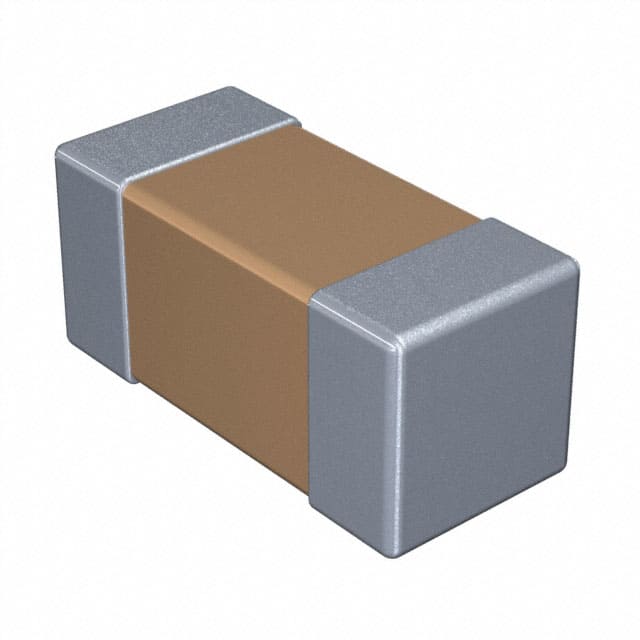The future of wireless charging for electric vehicles
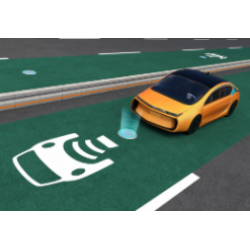
The future of wireless charging for electric vehicles
The principle of wireless charging for cars is consistent with the wireless charging of low-power devices such as mobile phones and electric toothbrushes, that is, a primary coil is embedded in the charging position, and a magnetic field is generated when the power is turned on. out current. Wireless charging happens when the primary and secondary coils are at the optimal distance from each other.
Electric Vehicle Wireless Charging Solutions
There are two types of wireless charging technologies:
The first type is magnetic induction charging. This technology uses the magnetic field generated by the primary coil to induce a current in the secondary coil. The two loosely coupled coils must be precisely aligned to achieve acceptable charging efficiency.
Another type is resonant inductively coupled charging, which has been shown to be more efficient in transferring power by existing research. In this technology, both the primary and secondary coils use oscillator circuits that resonate at the same frequency, so that the impedances of the two are precisely matched, thereby confining the magnetic field between the two coils to a narrower range, even if the two coils are not completely aligned. not affected. The technology, also known as magnetic resonance charging, is not only more efficient than magnetic induction charging, but also a more appropriate way to manage the magnetic field for the higher power conditions required for electric vehicle charging.
In a typical electric vehicle wireless charging configuration, the primary coil unit is connected to AC power and mounted on the ground, and the secondary coil unit is installed in the vehicle. Once the car is parked, the two coils are properly aligned.
Companies that are developing wireless charging for electric vehicles
Electric Vehicle Wireless Charging Solutions
1: Several EV manufacturers are developing wireless charging prototypes and options for their cars. Nissan is developing a wireless charging option for its Leaf electric vehicle that uses an automatic parking function to precisely align the vehicle and charging pad. Wireless charging options are also available from BMW, Mercedes and Tesla.
2: WiTricity is a leading company in the field of magnetic resonance charging. Its wireless charging solution has a power range of 3.6kW to 11kW and a conversion rate of 93%. The primary coil of the company's wireless charging system is located in a charging pad on the ground, and the secondary coil is mounted on the underside of the vehicle. Some automakers are working with WiTricity to develop their own wireless charging options.
3: Qualcomm (Qualcomm) has developed a wireless charging solution called Halo, the technology used is similar to that of other companies, and they are also developing technology that can charge electric vehicles on the move. Qualcomm embedded the primary coil into the road surface of the 100-meter test track and successfully charged an electric vehicle traveling at a speed of 112.654 km/h.
Wireless charging of electric vehicles today requires more efficient and safe wireless charging solutions
Although wireless charging has great potential, it is not a good time to use it universally. The following problems are hindering the widespread use of wireless charging:
1. Wireless charging is very expensive compared to an equivalent residential EV charging station.
2. For the magnetic field generated by large-scale wireless charging, its impact and safety are not fully known.
3. The charging speed of the current feasible wireless charging solutions is very slow, while the battery capacity of electric vehicles is large, and the disadvantage of slow charging will be more prominent.
4. At present, there is still a lack of unified standards for wireless charging, which may limit the versatility of wireless charging devices and require better wireless charging solutions.
The future of wireless charging for electric vehicles
Wireless charging is still evolving, the future is worth paying for, and new technologies have emerged in this area, such as the use of movable primary coils, and the use of new materials to make secondary coils lighter and lower wire resistance , these technologies can make wireless charging solutions more efficient and enable them to work at higher power outputs. If we can finally make a truly cost-effective wireless charging solution, the way electric vehicles are charged and even used will be rewritten. Electric Vehicle Wireless Charging Solutions

